

One of the key agenda items at this year's Two Sessions is the review and approval of the city's first regulations on domestic garbage management. It clarifies how to discard, collect, transport and process domestic garbage in a categorized manner, and designates who is responsible for each step.
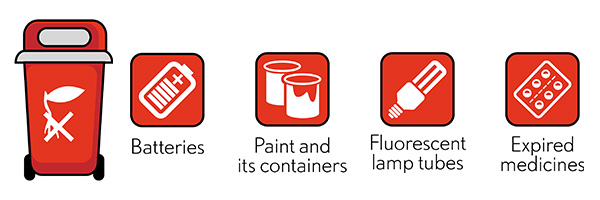
Hazardous garbage includes batteries, fluorescent lamp tubes, expired medicines, as well as paint and paint containers. This group poses health or environmental threats.
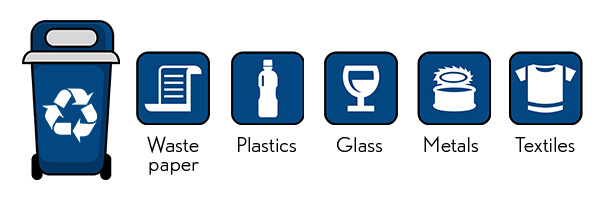
Recyclable garbage includes waste paper, plastics, glass, metals and textiles.
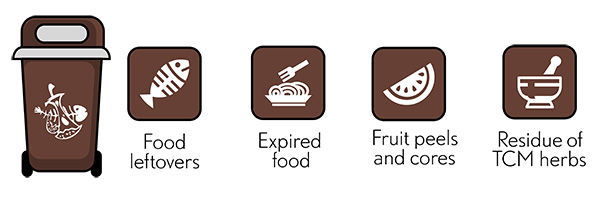
Wet garbage is biological waste that rots easily, including food leftovers, expired food, fruit peels and cores, and residue from TCM herbs.
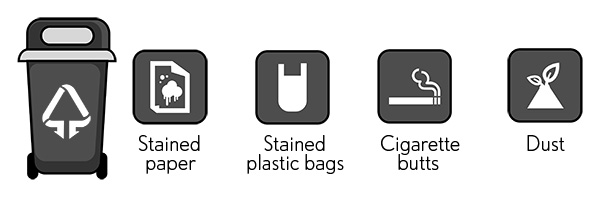
Dry garbage includes stained paper, stained plastic bags, cigarette butts and dust.
For those who refuse to sort their garbage out, they could face fines of up to:
Individuals: 200 yuan
Companies: 50,000 yuan
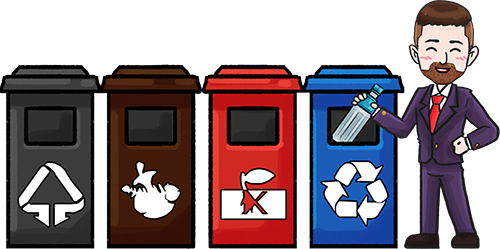
Reducing the source of garbage is an effective way to lower the total amount of garbage a city generates. This demands a joint effort on behalf of different industries, from hotels and restaurants to factories and offices.
Factories and companies should try to use recyclable and degradable materials, clean production techniques and equipment that emits less pollutants.
Government departments and enterprises should use more recycled paper and less disposable stationery. No disposable cups are allowed inside government office buildings.
Hotels are not allowed to provide disposable items like slippers and shower caps if not requested by guests. Restaurant owners and takeaway operators can no longer provide disposable chopsticks and spoons. Failing to abide by these new rules could lead to fines ranging from 500 to 5,000 yuan.
New wet markets must install equipment to process wet garbage. Failing to do so could lead to fines of 5,000 to 50,000 yuan. Stricter management will be adopted of agricultural markets, wet markets, supermarkets and fruit and vegetable production centers to reduce wet garbage from the source.
Companies should not overpackage their products. Couriers should use electronic receipts, recyclable bags, boxes and adhesive tapes, and reduce the size of packaging. E-commerce retailers are encouraged to provide options for green packaging and give discounts and bonuses to customers who make such choices.
Now we know that we can't throw garbage away the way we used to, but who’s going to monitor what we do? The regulations stipulate a role called "the Administrator," who will oversee almost everything related to garbage sorting.

The Administrator is the property management company that oversees their office building. If there's none, it will be the owner of the building.

The Administrator is its property management company. If there’s no property management company, the Administrator is the owner of the building or complex.
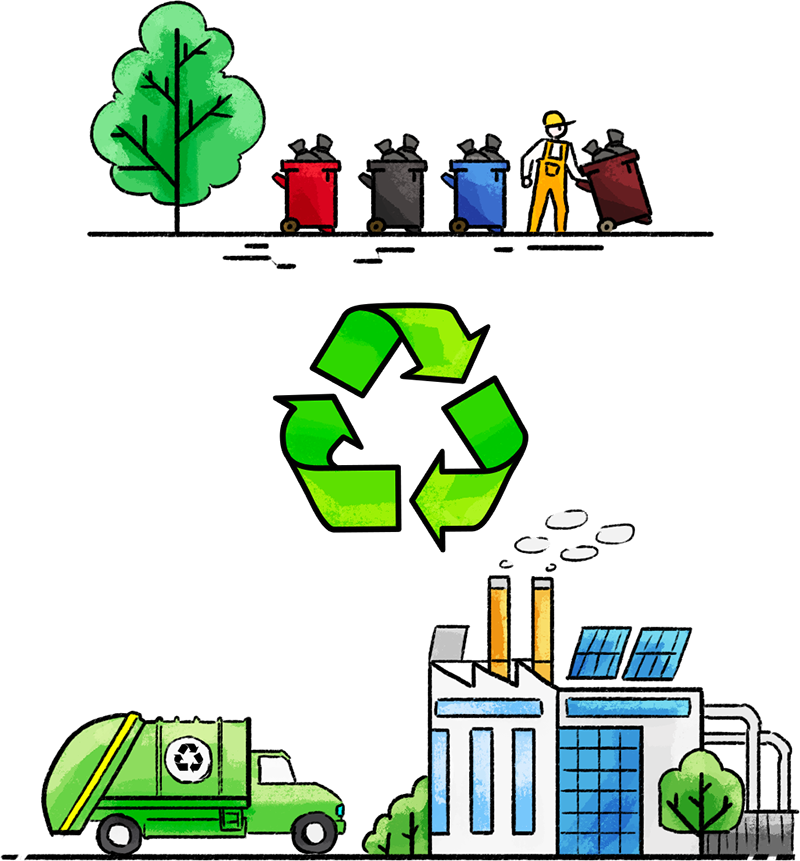

For public places like parks, squares, roads, airports, Metro stations, as well as cultural, sports and entertainment venues, the Administrator is the director operating these places.

If the Administrator cannot be determined based on the previous rules, it should be appointed by the subdistrict government or township government that has jurisdiction over the area.
1. Administrators need to place enough containers to collect the different types of garbage at the places they oversee. Failing to do so could lead to fines of 1,000 to 10,000 yuan.
2. If necessary, the Administrator needs to transfer domestic garbage, in a categorized manner, from where it is discarded to where it will be collected and transported. Failing to do so could lead to fines of 500 to 5,000 yuan.
3. The Administrator needs to provide guidance to residents on how to categorize their garbage. They can report to the subdistrict office if residents refuse to do so.
Companies that are engaged in the collection, transportation and processing of domestic garbage should obtain a specific certificate that allows them to deal with the domestic garbage business. Each type of garbage is collected, transported and processed in its own way:
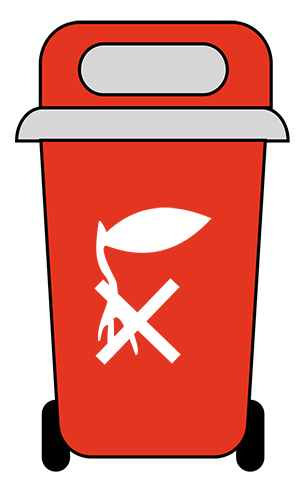
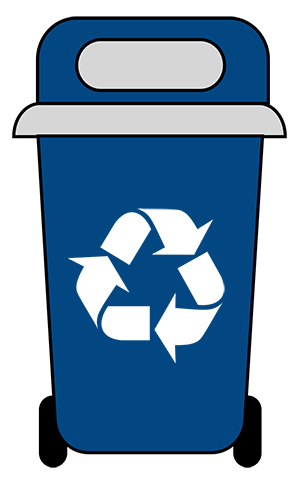
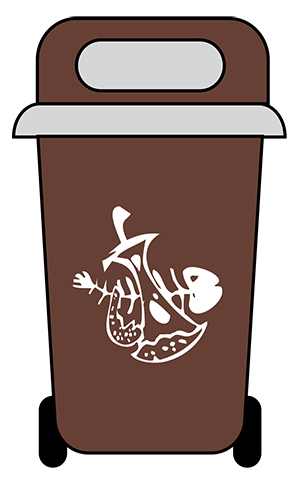
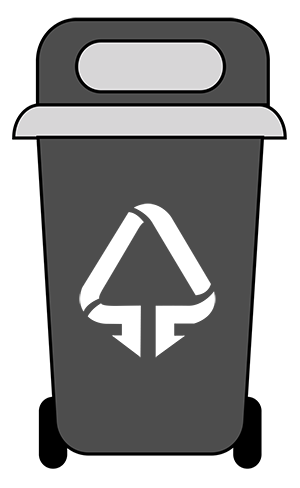
A real-time monitoring system will be installed on each vehicle that transports domestic garbage. Clear signage should also be displayed outside the vehicle indicating the type of garbage it transports.

In this section, our reporters interviewed some pedestrians on Shanghai's streets and asked what issues they are concerned most about regarding the city. Let's see what they said.
We do have classified garbage bins on campus. However, I think the school should educate and publicize the different types better since many people don't really know how to classify their trash.

There is garbage classification in my neighborhood. I found it quite environmentally friendly. But if there were more signs and labels, people might be more willing to sort their garbage.

Although there is garbage classification in my university, I usually throw my garbage into the bins randomly. I think the signs are not clear enough, which causes a hassle when trying to decide which is the correct one. It might help if there were pictures of common items. Anyway, I do think garbage classification is necessary.

Since I live in a suburban area, there are always lots of trucks passing by. They often flick up dust and the roads get very dirty when it rains. The government should redirect them so they don't pass by my community.

There is too much traffic every day, especially during the rush hours. Although the government is trying to ease the traffic pressure, it's still not enough. I live in Yangpu District, and every time when I arrange to meet someone, I have to hit the road early. If the government could do more about congestion, that would be a great help.


The use of fireworks should be allowed in certain banned areas during important festivals like the National Day of China, New Year's Day, the Spring Festival and the Lantern Festival. Shanghai has prohibited fireworks within the area inside the Outer Ring Road since 2016 to curb air pollution. But the festivity is also gone with the fireworks, while fireworks are still enjoyed in the US, Canada, Europe and Australia during the Chinese Spring Festival.

Bus drivers in Shanghai should be shielded from passengers to prevent traffic accidents caused by disputes between them and passengers. In the wake of a driver-passenger scuffle which resulted in a bus crashing into a river in Chongqing last year, China's national government required in November that local transportation authorities increase safety for bus drivers by properly partitioning drivers from passengers.

A depressive disorder prevention system for children and teenagers should be established. Under the rapid growth of urbanization and the economy, factors like geo-culture conflicts, study pressure, family changes and relationships between schoolmates can all impact on children's mental health. Statistics show that during the fourth quarter of 2017, the local Children's Hospital of Fudan University received nearly 4,000 young people at its psychological department, up 50 percent over 2016.